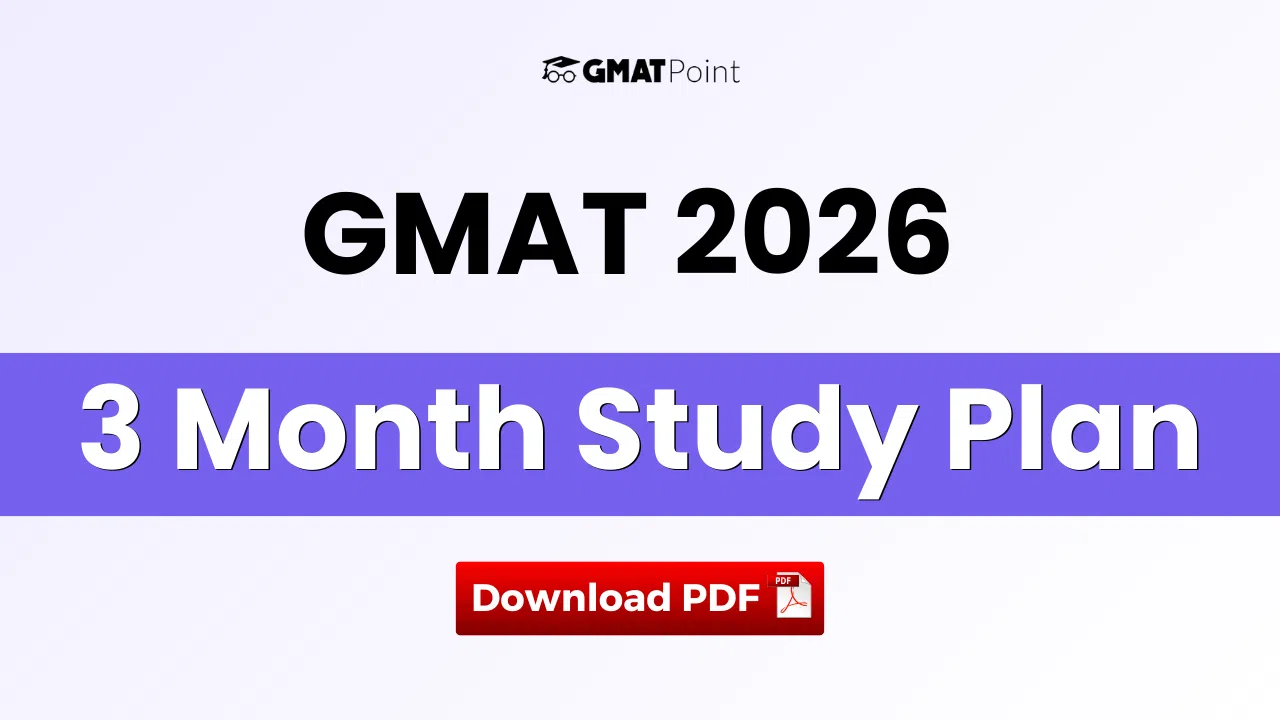The GMAT examination is known to be a rigorous preparation that involves not only improving concepts but also formulating the right strategy to achieve the best possible results on test day. One of the most powerful tools in the process for attaining this is the GMAT mock test, a practice assessment that closely mirrors the actual GMAT experience.
Mock tests to help you identify your strengths and weaknesses, improve your time management skills, and build stamina for the exam day. However, are these mock tests to be taken to identify strengths and weaknesses and error logs? Intensely analysing when and how often one should sit for mock tests can add power to your preparation, giving a lot of confidence for the GMAT exam.
How Many Mock Tests Should You Take Before GMAT?
The number of mock tests you should take depends on your preparation timeline and progress. Experts from GMATPoint and other top sources recommend:
Preparation Phase | Approximate Number of Mock Tests | Frequency | Purpose |
Diagnostic Phase (Week 1-2) | 1 | At the very start | For set baseline scores and identification of strengths/weaknesses |
Mid Preparation (70-80% syllabus covered) | 3-5 | 1 Mock for week | To check progress and analyse mistakes. |
Final Weeks (Last 2-3 weeks) | 6-8 | 2 - 3 mocks per week | To build stamina, speed, and time management skills. |
Minimum recommendation: At least 8 - 10 full-length mock tests before the actual exam, to allow learning and corrections based on analysis.
Too many mock tests in the early stages of preparation might drain one's spirit if the foundations are not that firm yet, and far too few mock tests can leave you prepares under actual exam conditions.
Also Read, Top GMAT Mock Test Series to prepare for the GMAT Focus Edition
How to Improve GMAT Mock Test Scores
To improve the performance of the test, spend 2-3 hours undergoing each test, analysing errors and classifying them to identify patterns. Focus on time management with time-bound practice sets, strengthening weak areas with quality resources and practice in real study conditions to develop exam stamina. Keep a wide error train to track progress and build the strategies.
Here are key strategies:
- Detailed Review: Spend 2-3 hours analysing each test. Understand why you got questions wrong and right. Categorise mistakes (conceptual errors, test-taking errors, careless mistakes).
- Error Log: Maintain a diary of mistakes to track patterns and avoid repeating them.
- Time Management Practice: Use timed practice sets focusing on pacing (about 2 minutes per question).
- Strengthen Weak Areas: Target weak sections using quality resources and start focus on practice, for example, GMATPoint’s Question Bank and video solutions.
- Take Test under Real Exam Conditions: Take mocks at the same time of day as your exam, with breaks strictly timed.
- Build Mental Stamina: Build endurance with frequent mocks closer to the exam to handle the 2-hour 15-minute duration without a performance drop.
Also Read, How to Analyse a GMAT Mock Test?
Best GMAT Preparation Study Plan
A structured GMAT study plan aligns your preparation and mock test schedule for maximum impact:
Week(s) | Focus Area | Activities |
Week 1 | Understand the exam and baseline | Take the first GMAT diagnostic test |
Weeks 2-4 | Build strong fundamentals | Study arithmetic, algebra, grammar, and verbal rules |
Weeks 5-6 | Start taking one mock per week | Analyse results, patch weak areas using question banks |
Weeks 7-8 | Increase mock frequency to 2-3 per week | Focus on pacing, stamina, and time management. |
Last 2 weeks | Full-length mocks and revision | Take 2-3 mocks per week. |
This plan is flexible, accommodating a typical 2-month preparation window, and ensures steady progression with mock tests at strategic points.
Also Read, Which GMAT Mock Tests are Best in 2026?


















